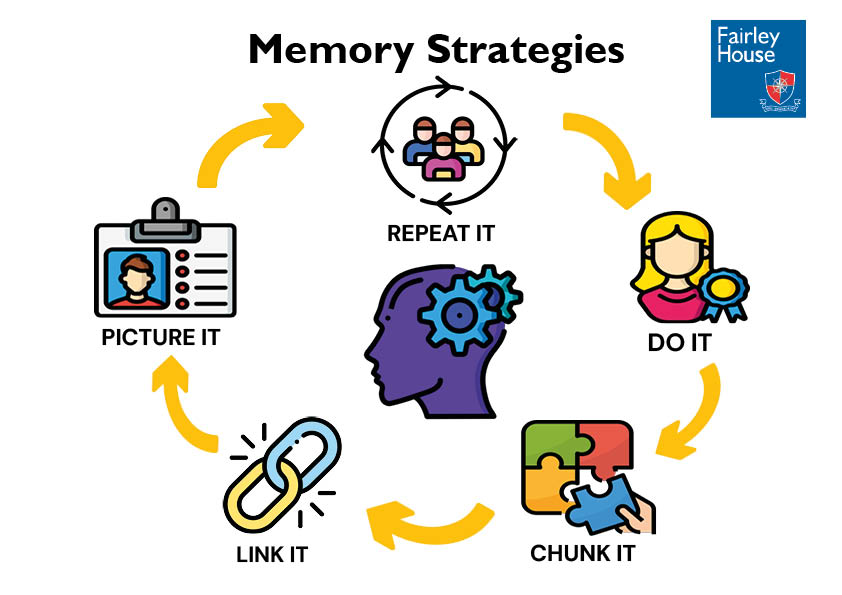Our Teaching Approach
The teaching approach at Fairley House, refined through our many decades of experience, transforms the learning outcomes of students with specific learning differences (SpLD).
A slower pace of delivery, chunking of information, additional processing time, repetition, and visual prompts enable students to overcome their barriers to learning and achieve their full potential.

Leaders have instigated a transdisciplinary approach whereby the SENCOs, teachers and therapists work equally and collaboratively in order to effectively support the learning of all pupils.
ISI Inspection Report 2025
Transdisciplinary Teaching
We pursue a transdisciplinary approach, where teachers collaborate with occupational therapists and speech and language therapists. This collaborative effort ensures that therapeutic strategies are embedded into everyday learning, supporting students with all aspects of development like memory, vocabulary, regulation and motor skills.
Multisensory Learning
The use of multisensory teaching strategies—combining visual, auditory, and tactile stimuli—is a highly effective way to engage students and reinforce learning. This method aligns well with different learning styles, allowing for deeper understanding and greater retention of information.
Small Class Sizes
Small class sizes and a focus on a high level of individualised support are essential to making sure that all students feel supported and empowered in their learning. Incorporating these elements create an environment where students with SpLD can thrive, overcome any learning challenges and reach their full potential.
Learning Strategies for Life
Our aim is to provide pupils with the knowledge and techniques they need to achieve success at Fairley House and beyond. Focusing on metacognition and self-regulated learning is effective in preparing our students for success beyond the classroom. Teaching pupils to assess, plan, monitor and evaluate their own learning habits empowers them to become self-directed learners capable of continual growth and development.
As part of this, we have developed our own set of transformative strategies to support everything from memory to emotional regulation. These strategies are taught early and reinforced daily in classroom practice.


Max’s Story
Fairley House and the staff changed our son Max’s life course and we are eternally grateful. I remember you all so fondly, and Mr. Taylor’s gentle understanding, humour and firm, carefully structured intervention was just what he needed.
We will always recall our first visit when the school bubbled with enthusiastic students and we wept with [former Head] Jackie who finally seemed to understand our son. During this visit we knew he would be okay and that there was a place in the world for people like Max to be nurtured.
We often laugh about Ms. Doekes and her magical work engaging the students with plastic Go Go’s to learn math concepts. Or another teacher who spent hours cutting out toast to teach ‘oa’ combinations, or throwing balls back and forth to teach spelling.
Our digital photo frame in the living room reminds us of the many drama productions Max was able to be part of at Fairley House.
Max is now studying Marine Biology at Dalhousie University in Canada and just this morning he and I walked in a nearby bog where he talked to me about all sorts of wildlife.
From the bottom of my heart thank you for making his dreams within reach.
Get in Touch
30 Causton Street
London
SW1P 4AU
Call: 020 7976 5456
School Links
PUPIL AND PARENT PORTAL
GOVERNORS
TYPING CLUB
FUNDRAISING FOR FHS
ePraise


